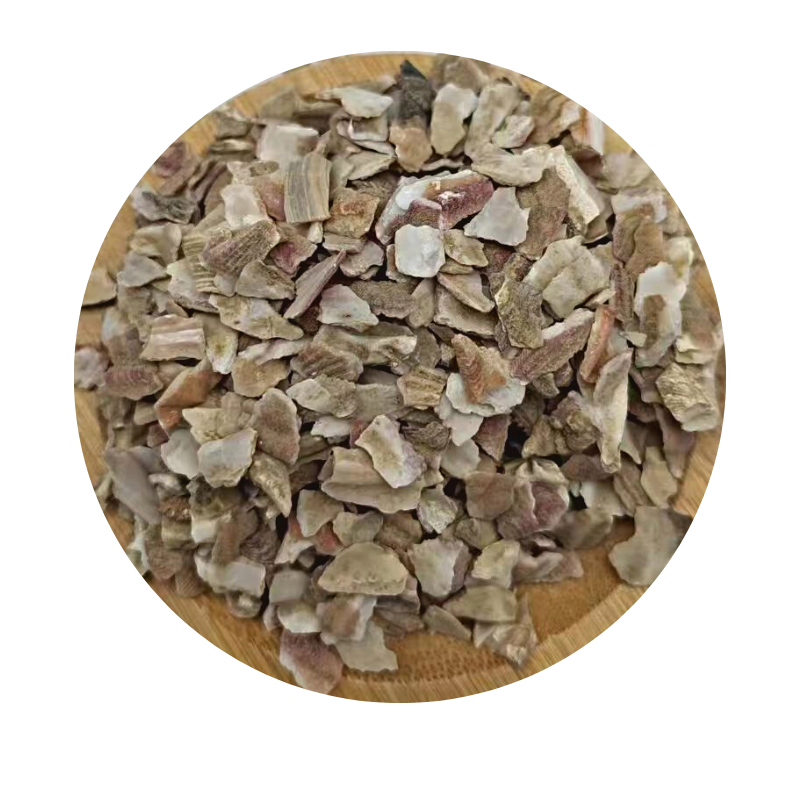
Uses and Benefits of Expanded Vermiculite in Construction and Gardening Applications
Expanded Vermiculite A Versatile Material for Sustainable Applications
Expanded vermiculite, a naturally occurring mineral, has gained popularity in recent years due to its remarkable properties and wide range of applications. Originating from the mineral vermiculite, this material undergoes a heating process that causes it to expand and form lightweight, balance-rich granules. The unique structure of expanded vermiculite offers several advantages, making it an essential component in various industries, including construction, agriculture, and horticulture.
One of the most significant characteristics of expanded vermiculite is its exceptional insulation properties. When expanded, vermiculite's layered structure traps air, providing excellent thermal resistance. This quality makes it an ideal choice for insulation in buildings and industrial applications. By incorporating expanded vermiculite into construction materials, architects and builders can enhance energy efficiency, ultimately reducing heating and cooling costs for occupants. The lightweight nature of expanded vermiculite also contributes to lower transportation costs and easier installation, making it a preferred material for many contractors.
In addition to its insulation capabilities, expanded vermiculite is also known for its fire-resistant properties. It can withstand high temperatures, making it a suitable option for fireproofing applications. This attribute is particularly beneficial in commercial and residential buildings, where fire safety is a major concern. By using expanded vermiculite in walls, ceilings, and floors, builders can enhance the safety of their structures while complying with building codes and regulations.
Another key area where expanded vermiculite shines is in horticulture and agriculture. Gardeners and farmers appreciate its capacity to retain moisture while improving soil aeration. When mixed with soil, expanded vermiculite helps to create a balanced environment for plant roots, encouraging healthy growth. Its lightweight nature makes it easy to handle and mix, facilitating its use in container gardening and potting mixes. Moreover, expanded vermiculite is pH-neutral, meaning it will not alter the acidity or alkalinity of the soil, making it suitable for a wide range of plants.
expanded vermiculite

Expanded vermiculite also plays an essential role in the production of lightweight concrete and plaster. Its ability to reduce the weight of these materials without sacrificing strength makes it a valuable additive in construction. This not only contributes to the structural integrity of buildings but also helps reduce the overall carbon footprint of construction projects. As the construction industry increasingly focuses on sustainable practices, expanded vermiculite stands out as an eco-friendly choice that can help meet modern standards.
Another benefit of expanded vermiculite is its ability to absorb and retain nutrients, making it an ideal component for soil amendments and fertilizer blends. By enhancing nutrient retention, expanded vermiculite ensures that plants receive the essential minerals they need for optimal growth, reducing the need for excessive fertilization. This contributes to more sustainable agricultural practices and minimizes the potential for nutrient runoff into local waterways.
Finally, the recycling potential of expanded vermiculite adds to its appeal. As a natural mineral, it can be reused in various applications, from insulation materials to soil amendments, reducing waste and promoting a circular economy. Many companies are working on processes to recycle expanded vermiculite, further enhancing its sustainability credentials.
In conclusion, expanded vermiculite is a versatile and environmentally friendly material that provides numerous benefits across multiple industries. Its properties as an insulator, fire-retardant, and soil amendment make it ideal for construction, horticulture, and agriculture. As more industries embrace sustainable practices, the demand for expanded vermiculite will likely continue to grow, reinforcing its position as a valuable resource for a greener future. Whether you are a builder, gardener, or environmental advocate, expanded vermiculite offers a practical solution to meet your needs while supporting sustainable development.
Share
-
Premium Talcum Powder Enhanced with GPT-4 Turbo | Soft & Long-LastingNewsAug.02,2025
-
Fly Ash Solutions Enhanced by GPT-4 Turbo | Sustainable InnovationNewsAug.01,2025
-
Natural Premium Bentonite Cat Litter - Superior ClumpingNewsJul.31,2025
-
Premium Resin Coated Sand - High Heat Resistance CastingNewsJul.31,2025
-
High Quality Silicon Carbide Grit for Abrasive ApplicationsNewsJul.30,2025
-
High-Quality Ceramsite for Plants & Gardening | Lightweight PebblesNewsJul.29,2025






